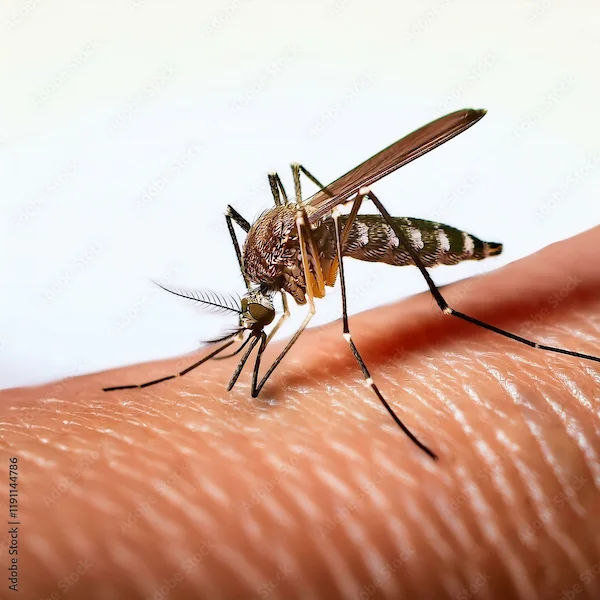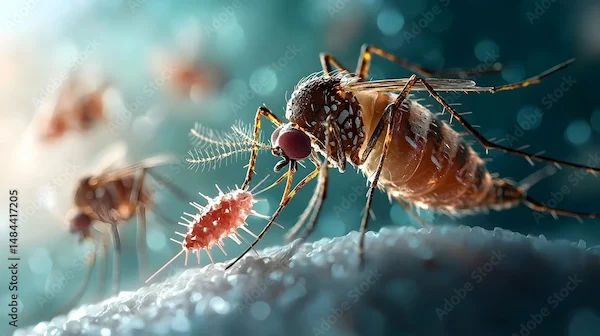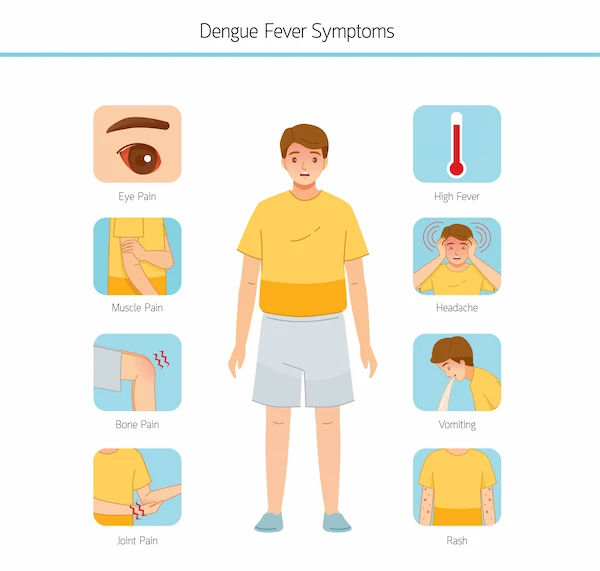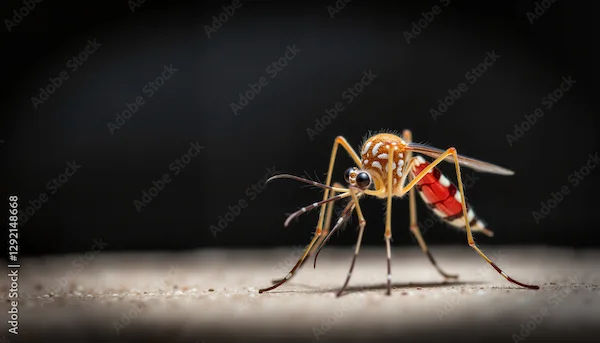Zika Virus Prevention Tips and Guidelines
Explore essential Zika virus prevention tips and safety guidelines, including mosquito control, travel advice, and protective measures to reduce infection risk for individuals and communities.

Written by Dr. Mohammed Kamran
Reviewed by Dr. Rohinipriyanka Pondugula MBBS
Last updated on 23rd Jul, 2025

Introduction
The Zika virus is a mosquito-borne illness that can cause mild to severe health issues, especially for pregnant women and their unborn babies. While the symptoms are often mild, the virus can lead to serious complications. The good news is that you can take simple steps to protect yourself and your loved ones.
What Is the Zika Virus?
The Zika virus is primarily spread through the bite of an infected Aedes mosquito, the same type that transmits dengue and chikungunya. It can also spread through:
Sexual contact with an infected person
Pregnancy (from mother to baby)
Blood transfusions (rare)
Most people infected with Zika don’t show symptoms, but when they do, they are usually mild and last a few days to a week. However, the virus can cause serious birth defects if a pregnant woman is infected.
Symptoms of Zika Virus
Only about 1 in 5 people infected with Zika develop symptoms, which may include:
Fever
Rash
Joint or muscle pain
Headache
Red eyes (conjunctivitis)
Fatigue
These symptoms are similar to dengue or chikungunya, so it’s important to get tested if you suspect an infection.
Serious Risks of Zika Virus
Pregnant women can pass the virus to their babies, leading to microcephaly (a condition where the baby’s head is smaller than expected) and other birth defects.
Guillain-Barré syndrome (GBS), a rare neurological disorder, has been linked to Zika in some cases.
How to Prevent Zika Virus Infection?
Since there is no vaccine or specific treatment for Zika, prevention is the best approach. Here’s how you can protect yourself:
1. Avoid Mosquito Bites
Use insect repellent containing DEET, picaridin, or oil of lemon eucalyptus (safe for adults and children over 2 months).
Wear protective clothing: Long sleeves, pants, and socks can help reduce exposure.
Stay in screened or air-conditioned rooms: Keep windows and doors closed or use mosquito nets.
Eliminate standing water: Mosquitoes breed in stagnant water, so empty buckets, flower pots, and tires regularly.
2. Practice Safe Sex
Zika can stay in semen for weeks or even months. If your partner has travelled to a Zika-affected area, use condoms or abstain from sex for at least 3 months (for men) or 2 months (for women).
3. Travel Wisely
Check Zika travel advisories before visiting tropical or subtropical regions.
If you’re pregnant or planning pregnancy, avoid travelling to high-risk areas.
4. Protect Pregnant Women
If you’re pregnant and your partner has been to a Zika-prone area, use protection during sex or avoid it until after delivery.
Get tested if you have symptoms or exposure risks.
What to Do If You Think You Have Zika?
Rest and hydrate: Most cases resolve on their own with proper care.
Take acetaminophen (paracetamol) for fever and pain (avoid aspirin or ibuprofen unless prescribed).
See a doctor if symptoms worsen or if you’re pregnant.
When to Seek Medical Help?
Consult a doctor immediately if:
You’re pregnant and have Zika symptoms or exposure.
You develop severe headaches, confusion, or muscle weakness (possible signs of GBS).
Symptoms persist beyond a week.
Conclsuion
While Zika virus infections are usually mild, prevention is crucial—especially for pregnant women. By taking simple precautions like avoiding mosquito bites, practising safe sex, and staying informed, you can significantly reduce your risk.
Stay safe, and don’t hesitate to consult a healthcare provider if you have concerns.




